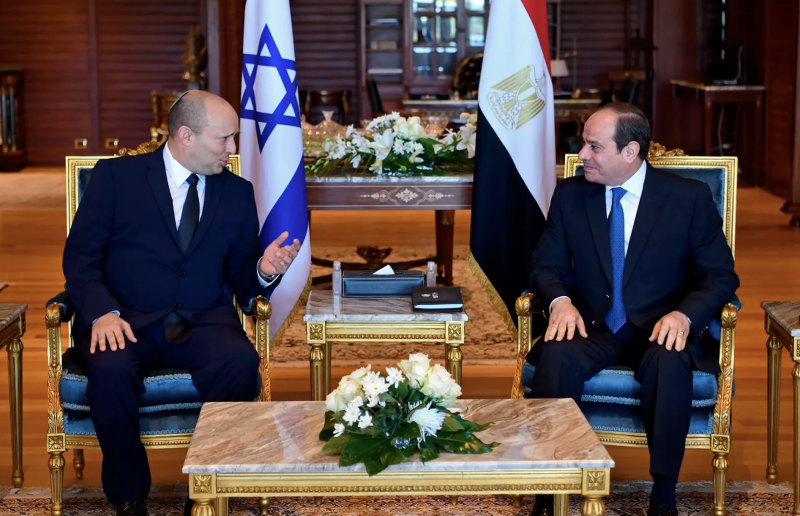
On May 12, Sunday, Egypt announced that it would “formally back” South Africa’s genocide case against Israel, citing Israeli aggression and intentions to launch a full-scale incursion in the southern Gaza city of Rafah.
Egypt’s announcement was motivated by the “continued perpetration of systematic practices against the Palestinian people, including direct targeting of civilians, destruction of infrastructure in the enclave, and pushing Palestinians to be displaced from their land," the Egyptian Foreign Ministry said in a statement.
The statement continued by holding Israel’s bombing blitz in Gaza as causing “an unprecedented humanitarian crisis that created unlivable conditions in the Gaza Strip, in flagrant violation of the provisions of international law and international humanitarian law."
According to Gaza's health authorities, more than 35,000 Palestinians have lost their lives, with over 78,700 sustaining injuries since Israel’s offensive began in October.
Egypt’s decision follows South Africa’s request for more “provisional measures” in Gaza to the ICJ, with the South African litigation team arguing that the assault on Gaza posed an extreme risk to the supply of humanitarian aid and basic services.
South Africa initiated the case in late December, accusing Israel of committing acts of genocide in Gaza in violation of the 1948 Genocide Convention.
The ICJ issued an interim ruling in January, which ordered Israel to prevent and punish direct incitement to genocide and ensure the delivery of humanitarian aid into Gaza. In March, the court issued further provisional measures directing Israel to expedite the provision of urgently needed basic services and humanitarian assistance throughout Gaza.
Egypt's decision to intervene in support of South Africa's case marks a significant departure from its historical alliance with Israel, which has been in place since the 1970s.
